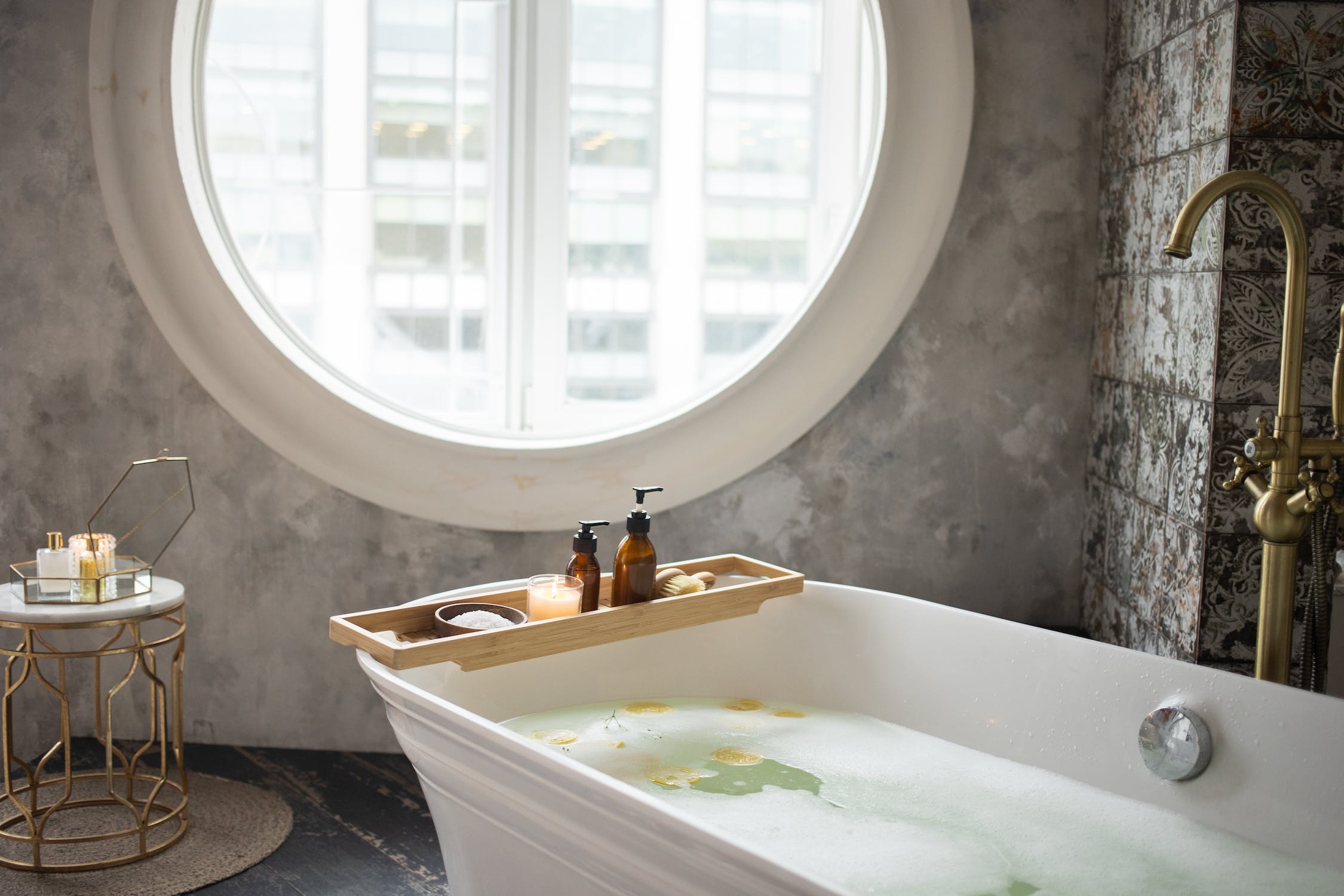In today’s fast-paced and demanding world, relaxation often feels like a luxury. With constant deadlines, holiday planning, personal responsibilities, and the never-ending buzz of technology, finding moments to unwind can seem like an impossible task.
However, relaxation is not just a luxury—it’s a necessity for our mental, emotional, and physical well-being. Incorporating relaxation techniques into our daily routine can significantly reduce stress, improve focus, and enhance overall happiness. Here are 15 effective tips for relaxation that can help you find moments of tranquility amid life’s chaos.
- Practice Deep Breathing. One of the simplest yet most powerful relaxation techniques is deep breathing. Take slow, deep breaths, allowing your belly to rise as you inhale and fall as you exhale. Deep breathing triggers the body’s relaxation response, calming the mind and reducing stress.
- Create a Relaxing Environment. Designate a peaceful space at home where you can unwind. Whether it’s a cozy corner with soft lighting, soothing music, or comforting scents like lavender or chamomile, a serene environment can facilitate immediate relaxation.
- Disconnect from Technology. Constant exposure to screens and digital notifications can heighten stress levels. Take regular breaks from electronic devices and social media. Unplugging allows your mind to rest and encourages relaxation.
- Engage in Physical Activity. Exercise is a powerful stress reliever. Engaging in physical activity, whether it’s yoga, jogging, dancing, or simply taking a walk outdoors, can reduce tension, improve mood, and promote relaxation by releasing endorphins.
- Practice Gratitude. Cultivate a sense of gratitude by focusing on the positive aspects of your life. Reflect on things you’re thankful for each day. Gratitude helps shift your perspective, reducing stress and fostering relaxation.
- Limit Caffeine and Stimulants. While a cup of coffee can provide a temporary energy boost, excessive caffeine intake can contribute to anxiety and disrupt sleep. Limiting caffeine and stimulants can support relaxation and improve sleep quality.
If you are a daily coffee drinker, consider switching it up occasionally with warm beverages that contain less caffeine, such as black tea that can help boost your immune system while calming the mind.
- Establish a Relaxation Routine. Incorporate relaxation techniques into your daily schedule. Set aside specific times for relaxation activities, whether it’s a morning walk on the treadmill, an evening stroll, or a bedtime relaxation ritual. Consistency is key to reaping the benefits of relaxation techniques.
- Aromatherapy. Explore the calming effects of essential oils. Lavender, chamomile, jasmine, and rosemary are known for their relaxation-inducing properties. Use a diffuser, scented candles, or apply diluted essential oils to enjoy their soothing benefits.
- Journaling. Dedicate time to journaling your thoughts and feelings. Writing down your emotions, worries, or even positive experiences can help declutter your mind, reduce anxiety, and create a sense of calmness.
- Warm Baths or Showers. Take a warm bath or shower to relax your muscles and calm your mind. Add Epsom salts, essential oils, or bath bombs to enhance the soothing experience and promote relaxation before bedtime.
- Art and Creativity. Engage in creative activities like drawing, painting, coloring, or crafting. Channeling your creativity can be a therapeutic way to relax, express yourself, and focus your mind on something enjoyable and calming.
- Limiting News and Information. Constant exposure to negative news and information can elevate stress levels. Limit your intake of news, especially before bedtime, to prevent unnecessary anxiety and promote relaxation.
- Social Connection. Spend quality time with loved ones or engage in meaningful conversations. Connecting with friends, family, or a support network such as your church group can provide emotional support, reduce stress, and contribute to relaxation.
- Mindful Walking. Take a leisurely walk outdoors and practice mindfulness. Pay attention to the sights, sounds, and sensations around you. Mindful walking can be a grounding and relaxing experience, promoting a sense of peace and calm.
- Set Boundaries. Establish boundaries to protect your time and energy. Learning to say “no” when necessary and setting limits on work or commitments can reduce stress levels and create space for relaxation and self-care.
Incorporating these relaxation techniques into your daily routine can enhance your ability to unwind, manage stress, and foster a sense of tranquility in your life. Experiment with different methods to discover what works best for you and make relaxation a priority for your overall well-being.
Remember, finding moments to relax amidst life’s chaos is not selfish—it’s a crucial investment in your health and happiness. Start small, be consistent, and enjoy the peace and tranquility that comes with including relaxation in your life.




